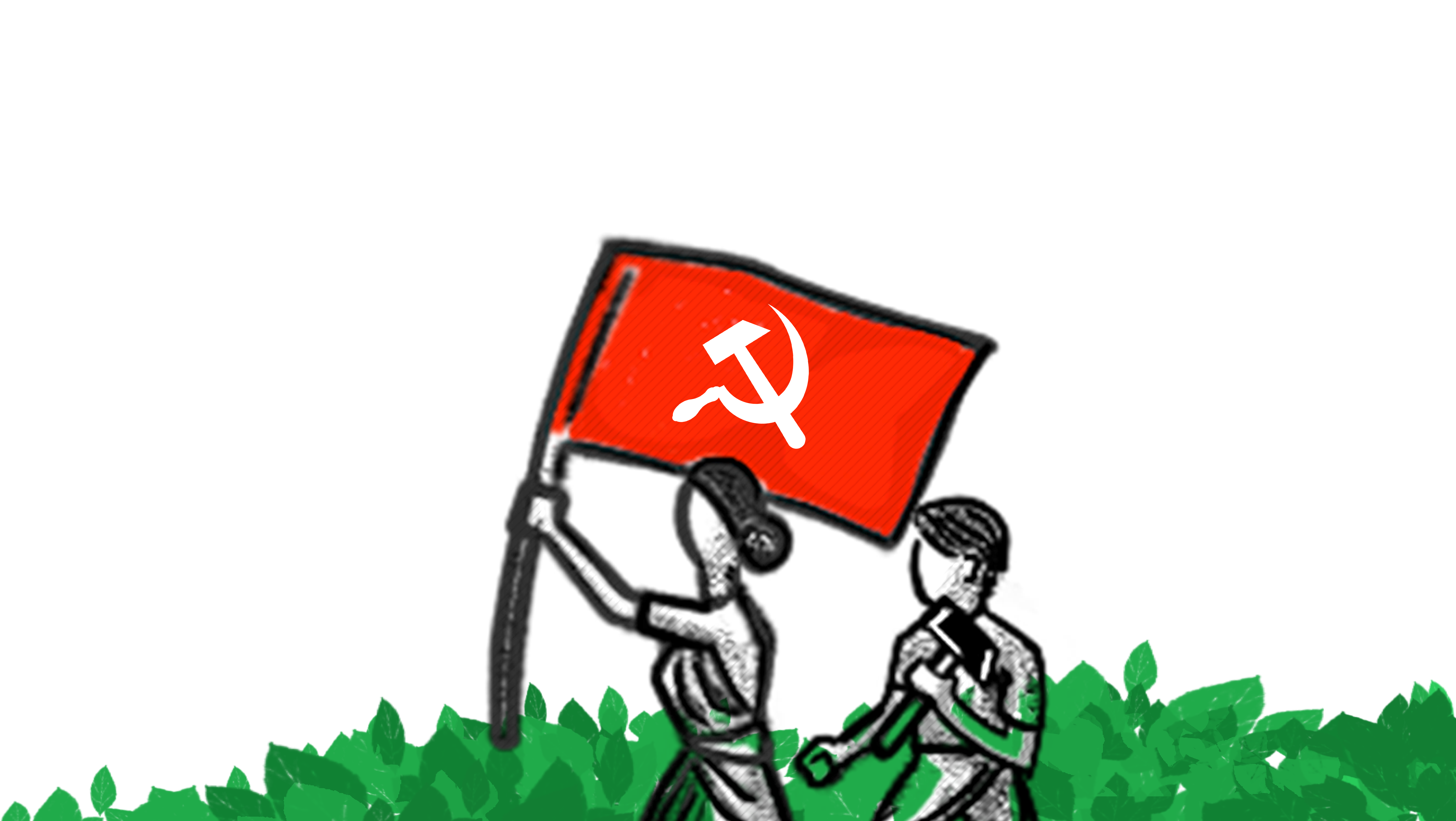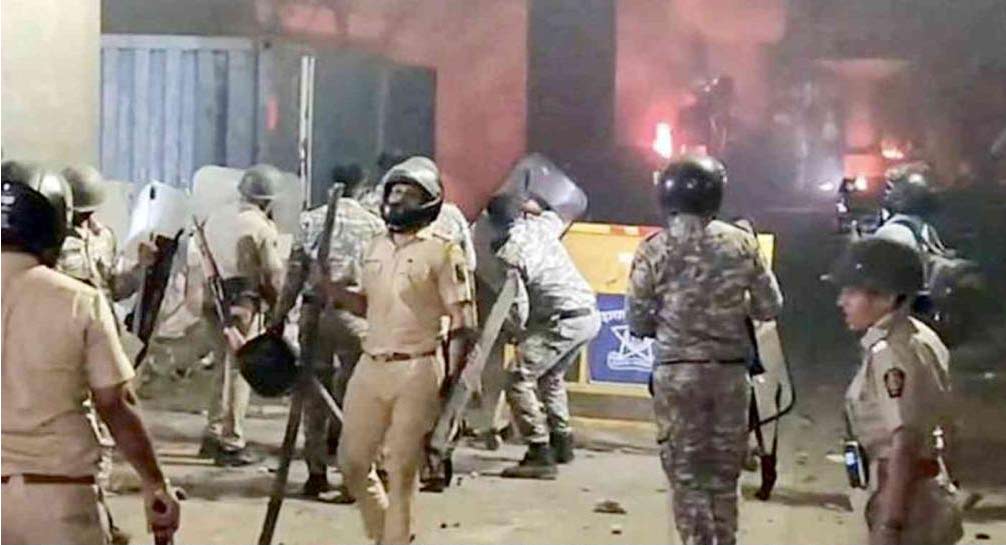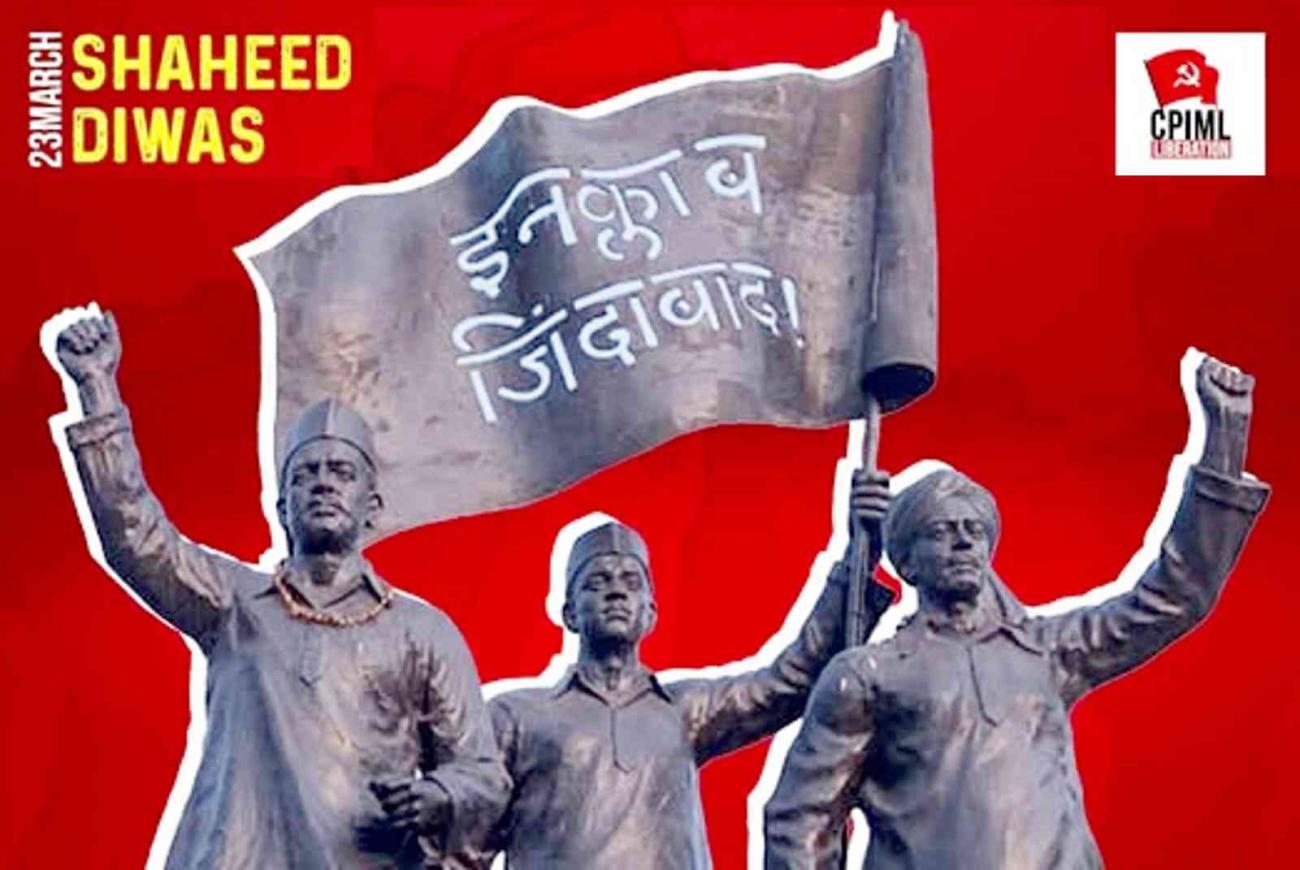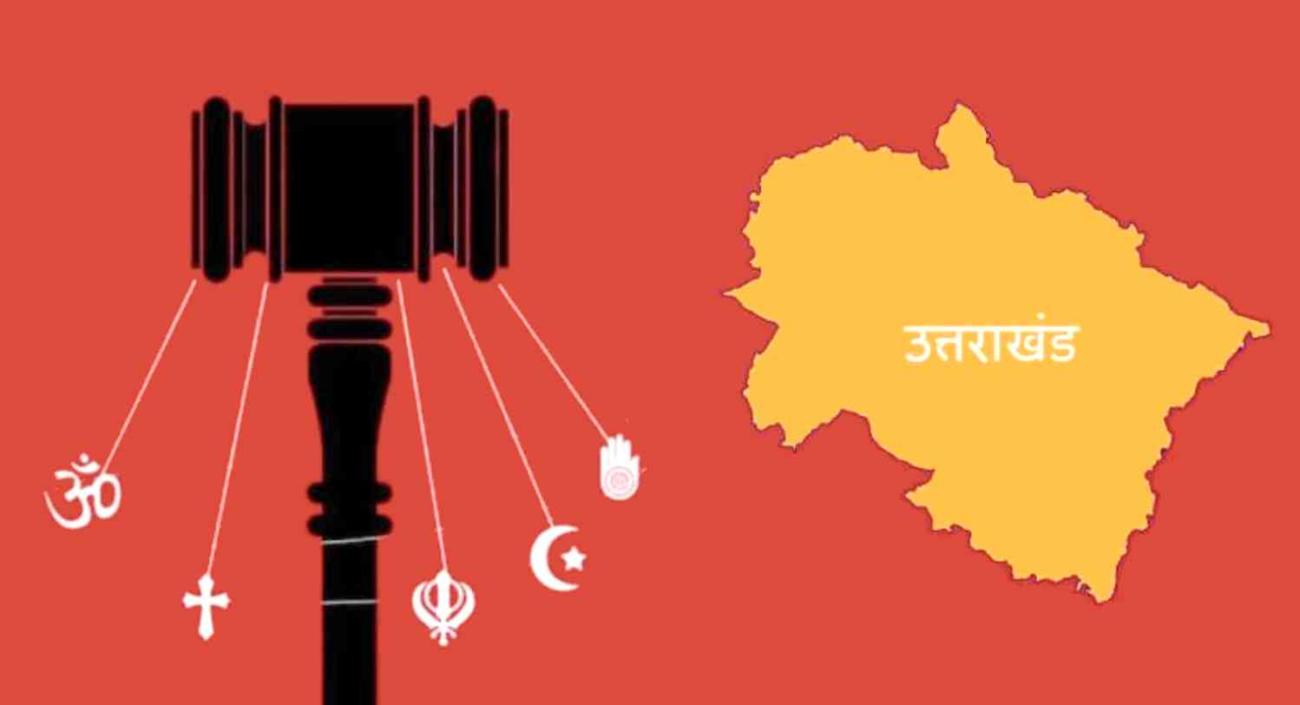Its a pity that a kind of voyeuristic interest in the late Kamala Dass life has tended to distract from her poetry. The editor of a major newspaper once asked me whether she really had those affairs or was fantasizing. Prissy academics have disapproved of her endless female hungers,� while pompous ones have lamented her concentration on self, and concluded it arises from a paucity of experience.�
All of which leads me to make a trite and obvious point: its the way the experience is fashioned into a poem that matters, not the experience itself. In some of Kamalas best poems, she uses a playhouse as a central image, masks, lies, pretence, role-playing. There is a theatrical element even in her autobiography My Story, translated from the Malayalam, which should give us pause. In any case, the relationship between person and persona, even in confessional� poetry which supposedly bares all, is never a simple one. And had critics known their Indian culture,� they would not have been shocked at all by her revelations�. Women, and sometimes men writing in the voices of women, have been extraordinarily forthright about sexual matters and relationships from Vedic times onwards. Think of those 6th century Buddhist nuns rejoicing because they were free of husbands and housework!
In a conversation with Kamala, in Cochin, for the book Talking Poems, she said, Im not a physical person. I never wrote about womens lust because I never felt it. I wrote about mens lust. Celibacy suits me Sex is a messy job but if you have to produce children you have to go through it. At the time I wrote it was necessary for women to write like that. Now its no longer such a brave gesture.� In a mischievous aside about My Story she added, Ill not swear everything in that books happened to meIf its red, make it redder. Its the artists freedom to deepen the colour.�
Women writers owe a special debt of gratitude to Kamala Das. She opened up new territory for them, both in social and linguistic terms. She didnt suffer from a colonial cringe�. She spared us what in some circles, especially expatriate ones, is the mandatory, politically correct anguish� of writing in English. In her best poems she speaks for women, certainly, but also for anyone who has known loneliness, pain, inadequacy, despair. She can create poems of brooding intensity, and of quiet power. Fond husband, ancient settler in the mind/Old fat spider, weaving webs of bewilderment/Be kind.� (The Stone Age). Love-lorn/It is only /Wise at times, to let sleep/Make holes in memory, even/If it/Be the cold and/Luminous sleep banked in/The heart of pills.� (Luminol). She could be acerbic, as in The Proud One, in which the speaker observes her man Lying nailed to the bed in imitation/Of the great crucifixion.�
In the interview with her in Kochi, Kamala said, By being yourself you are helping society. My mother is now senile, but she graces the place. There she is. I cant imagine the house without her. She matters by being who she is. Because of my writing many people feel they can come and talk to me.� In the two days I was there, she received several invitations to attend functions, give speeches, pose with orphans. Im a part-time activist,� she said. It should not become chronic, the everyday climate of my life. Garnish with misery. Dont make it a meal. I like fun. I want to be able to help too.�





